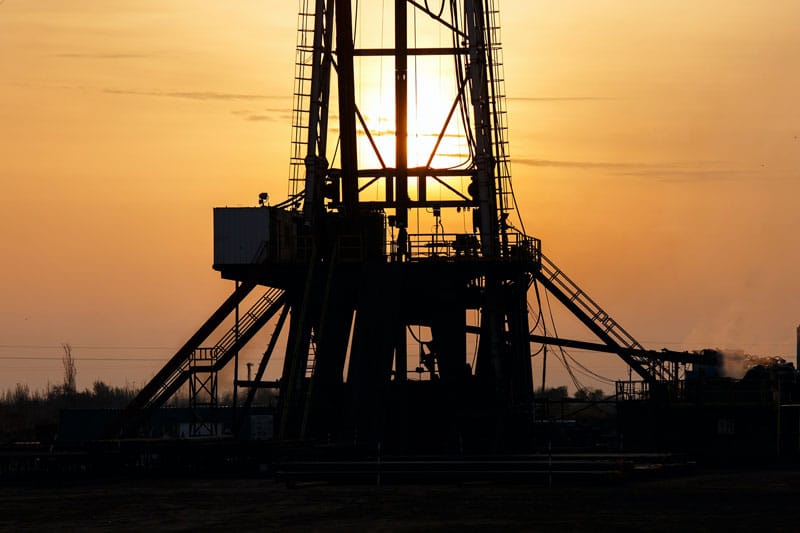When it comes to oil and gas facilities, fire suppression and protection systems are a massive component of your facility’s safety. Oil and gas facilities present significant fire hazards, and it’s important to have a comprehensive fire protection system that accounts for everything from system installation to testing, maintenance, and system improvements down the road. If you’re evaluating your oil and gas facility’s fire protection system, here are 4 key components to make sure you have in place to ensure the highest level of safety.
#1 Choose a Quality Alarm and Suppression System
The first, and possibly most important component of an effective oil and gas fire protection system, is a quality alarm and fire suppression system designed to meet your facility’s unique needs. Most oil and gas facilities represent significant fire hazards, a problem that’s compounded by harsh environments and remote locations for applications like off-shore oil platforms, refineries, gas processing plants, and more.
The key to protecting your facility with a comprehensive fire protection plan is starting with an alarm and suppression system that is designed for your unique facility and features the most up-to-date technology. If you can start with the very best technology in fire suppression systems, your facility will need less support from the following three key components of an effective oil and gas fire protection system. That saves you money and time in the long run. The better the fire suppression system you start with, the less you’ll have to put into expensive upgrades and maintenance.
#2 Establish Regular Testing
Oil and gas fire protection systems are large and can be expensive to test. While it might not be feasible to test your oil and gas fire suppression system every quarter or even every year, it is a good idea to set a regular testing schedule, so you know your system is functioning as it should. Not sure how often to test your oil and gas fire suppression system?
It’s in your best interest to partner with a fire suppression expert that specializes in oil and gas fire protection. Experts understand that quarterly or yearly full-system tests aren’t practical, and can help you set up a regular testing schedule that’s focused on just the critical components of your fire suppression system. This way, you’re still completing the testing you need to keep your facility safe, but you’re not wasting time and money to do it.
#3 Implement A Maintenance Schedule
In addition to testing and inspecting your oil and gas fire protection system, you’ll want to establish a regular maintenance schedule. Here too, expert support can help you save time and money. Working with an oil and gas fire suppression system expert can help minimize unnecessary maintenance.
What’s more, oil and gas experts often have the 24/7 emergency availability you need to come out and service your fire protection system the minute you notice something isn’t working as it should. That said, the best way to avoid those emergency calls is to stay up on regular maintenance.
When you have an expert coming out regularly to change out old parts and make sure your system is functioning as it should, you won’t need much emergency service. That saves you headaches, and a lot of money on high-dollar emergency service calls, too.
#4 Know When to Make Improvements
When it comes to oil and gas fire protection, your suppression system is your first and last line of defense. Oil and gas fires can be massively destructive, and they take just seconds to start.
An effective oil and gas fire protection system should take into account any change, addition, or expansion your facility makes and should update your fire suppression system accordingly.
A key component of keeping your facility safe is knowing when to make improvements. If your inspector or technician mentions that a part of your system is reaching the end of its life, or after recent facility changes your system no longer covers your full facility, it’s important to make those improvements as soon as possible.
No fire suppression system is set and forget. While a high-quality fire suppression system that’s well maintained can last you decades, it’s important to keep up on any facility changes and to respect the recommendations of your fire suppression system technician. Small improvements now can save a great deal of money and time down the road.
Working to set up a fire protection system for your oil and gas facility, but not sure where to start? Give Vanguard a call. Our full-service oil and gas fire protection team can design, install, test, inspect, and maintain a comprehensive system that keeps your facility, your workers, and the environment around you, safe.


